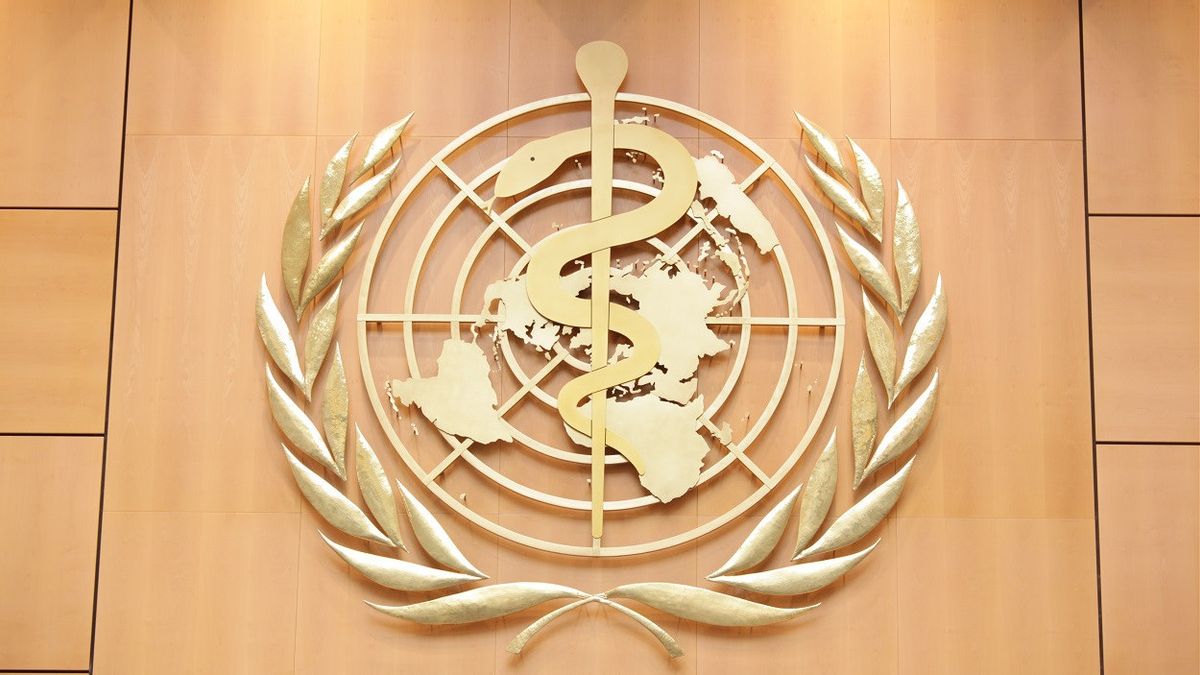JAKARTA - The World Health Organization (WHO) said on Sunday that monkeypox poses a moderate risk to overall health at a global level, following the discovery of confirmed cases in countries where the disease is not common.
"The public health risk could be high if this virus seizes the opportunity to establish itself as a human pathogen, spreading to groups at higher risk of severe disease such as young children and immunocompromised people," the WHO said, cited forum Reuters.
As of May 26, a total of 257 confirmed cases and 120 suspected cases have been reported from 23 member states that are not endemic to the virus, the health agency said in a statement. No fatalities have been reported so far.
The WHO also said that the sudden appearance of monkeypox at once in several non-endemic countries indicates an undetected transmission for some time and an increasingly severe incidence recently.
The agency added it expects more cases to be reported as surveillance in endemic and non-endemic countries expands.
Monkeypox is an infectious disease that is usually mild and endemic to western and central Africa. It is spread by close contact, so it is relatively easy to control through measures such as self-isolation and hygiene.
Most of the cases reported so far have been detected in the UK, Spain and Portugal.
"Most of the cases reported so far have no established travel link to endemic areas and have been presented through primary care or sexual health services," the UN agency said.
The English, Chinese, Japanese, Arabic, and French versions are automatically generated by the AI. So there may still be inaccuracies in translating, please always see Indonesian as our main language. (system supported by DigitalSiber.id)













